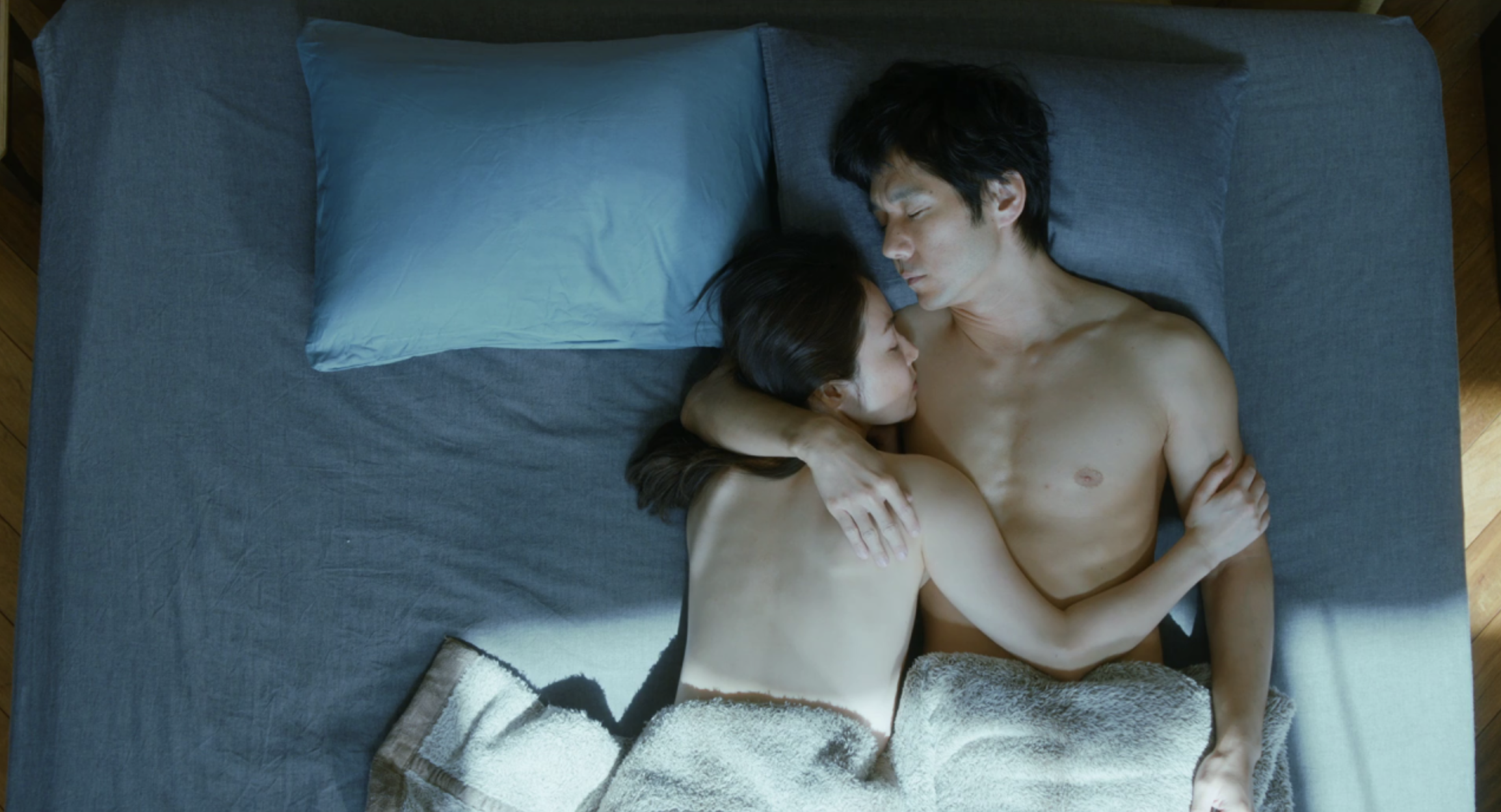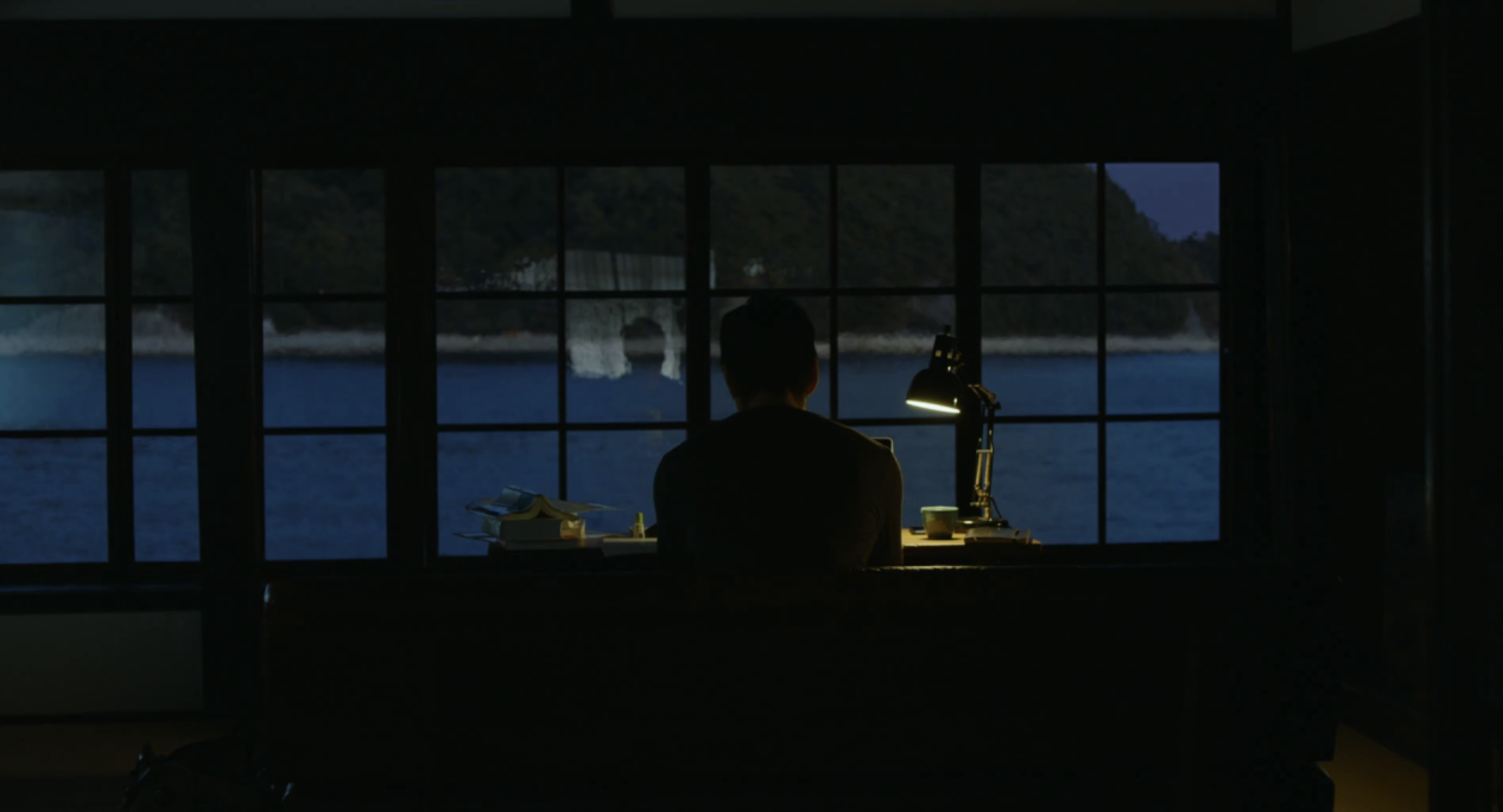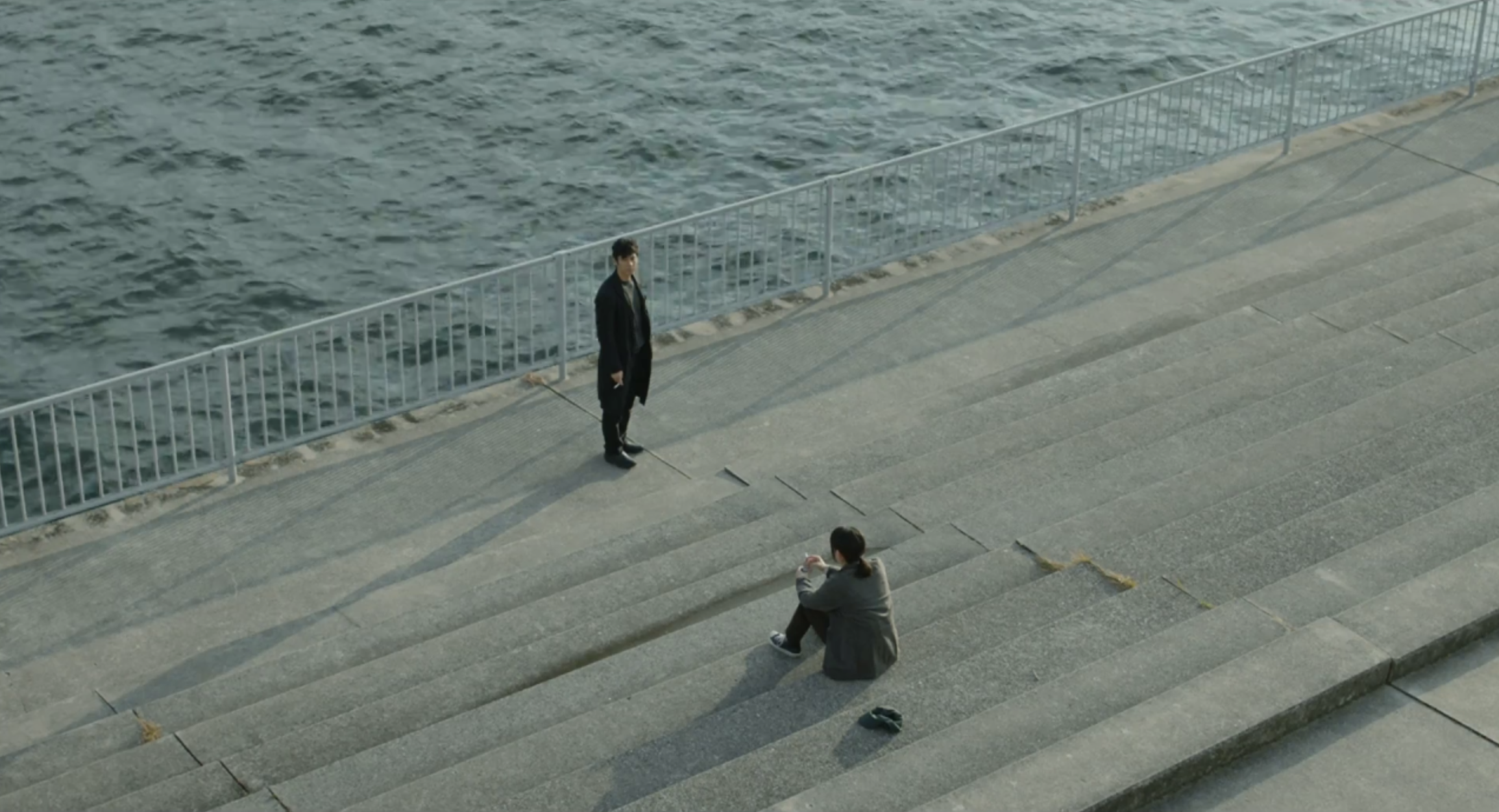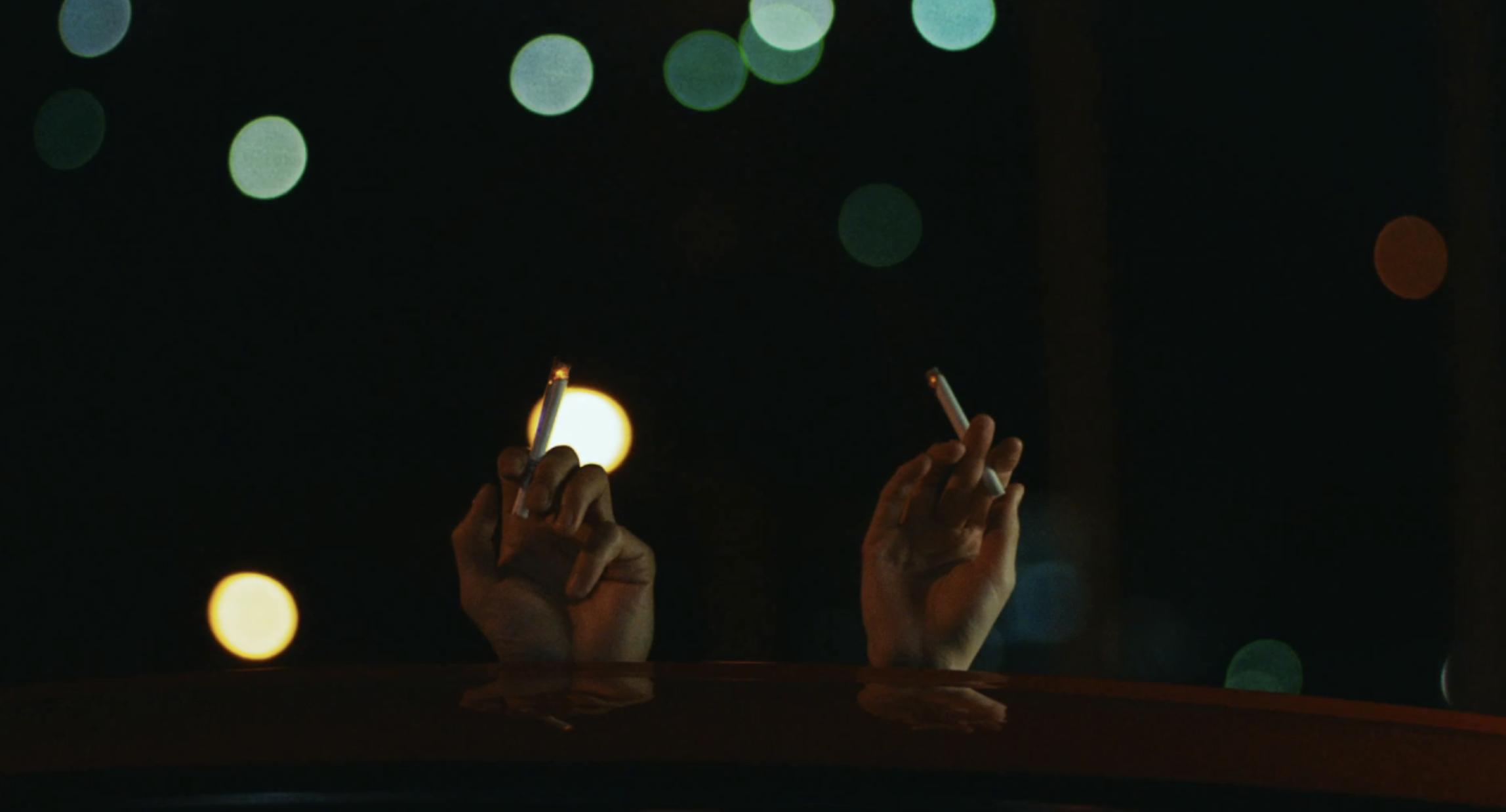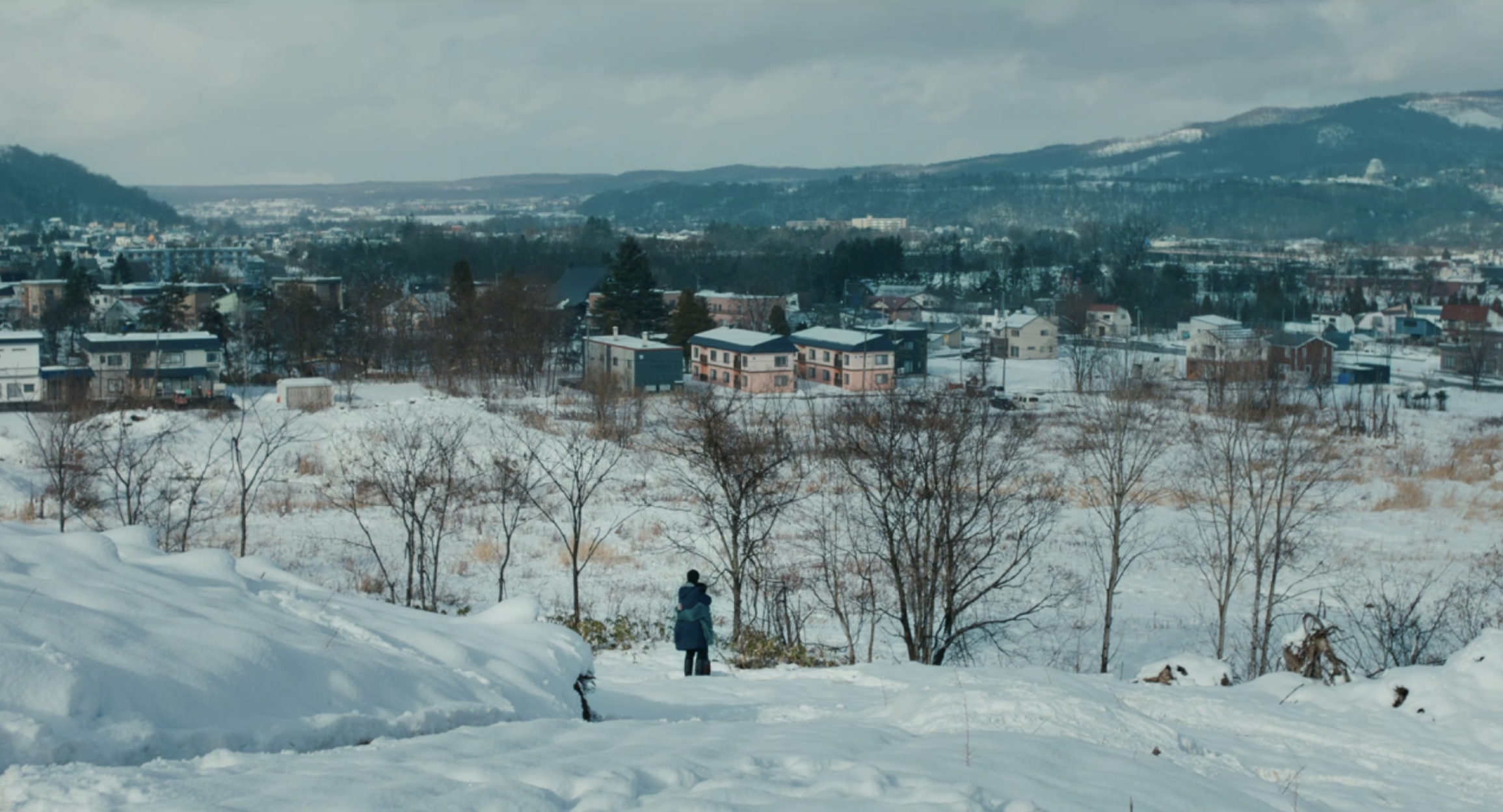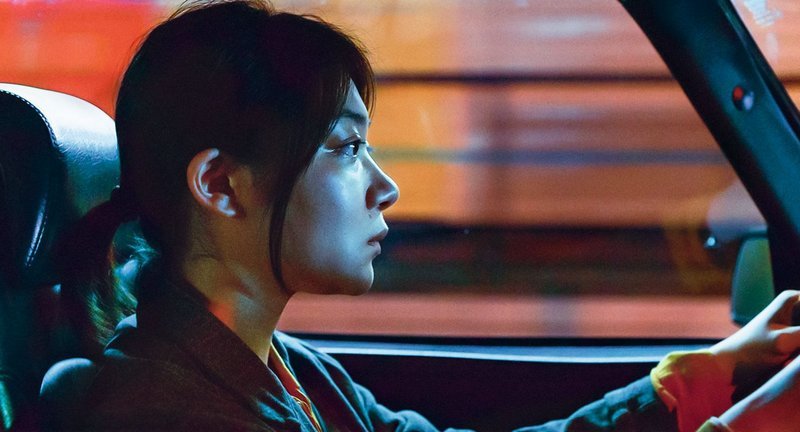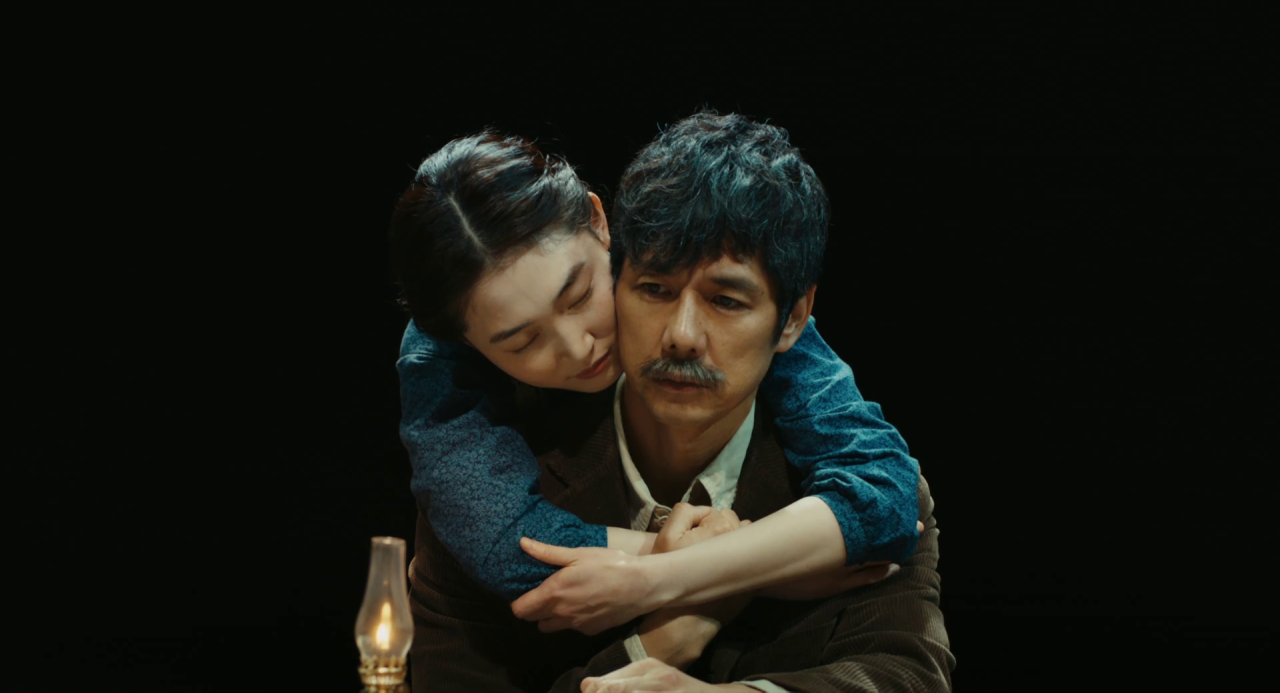A sentimental Japanese movie takeover
⏱ 4 min
Drive My Car - Film Review
The art of embracing life’s mundane moments is the focal point in the Japanese film ‘Drive My Car’ by Ryusuke Hamaguchi. The protagonist journeys through upheaval events such as loss, betrayal and depression, but eventually makes peace with his life circumstances.
Having recently just won a BAFTA for Best Film Not in English Language, Drive My Car serves as a memento towards accepting the flow of a vicious tide - without even labelling it as vicious. The story begins with a seemingly happy couple - both embracing each other in sexual fulfilment. However, this is a fleeting moment in the overarching series of events. Following an act of infidelity, and a sudden death one of the lover’s lives change forever. But amid what sounds like a tragic tale, the communication of the narrative through elongated, intimate dialogues and beautiful scenes which ignite the theme of slowness, this film brings to light what it truly means to accept in a state of non-resistance.
The film is meta-aware as a theatrical narrative unravels within the very story itself. The protagonist is a director & actor, playing a new role in theatre, while simultaneously serving as an actor in the film. This creates a tactful offset, jarring us against the film while simultaneously bringing us into it.
Loss is highlighted within the narrative in many different ways. Through a deaf character, a motherless daughter, and a widower. All of the characters, connect closely in some way, but are also very individualised. The theme of loss becomes an undercurrent within this circle of people. However, loss is never a physical entity. More so, a subtlety which explains the ambiguous qualities and characteristics that some of them harbour.
When betrayal comes up (spoiler alert) - the protagonist disregards it. He pays no attention to addressing it directly. In fact, he’s quite happy to let it slide all together. Catching his wife, in the act of having sex with another man. But quietly walking away and saying nothing. Then, she’s suddenly dead from natural causes! Now he’s living with that feeling of being betrayed, and never being able to confront her. Will he ever trust, love or feel safe in the hands of another again?
A large portion of the film is set in a car. Expansive wide angle shots capture a small, vintage red car travelling from a to b across sites in Japan. It is these moments which are most significant. The protagonist unwillingly at first, but eventually became faithful in being ridden around by a 23 year old girl. This was the start to him trusting again, finding faith in the good of another. Then realising that they had more in common than one might think.
Car journey’s are intimate, if you want them to be. You can look out of the window, and embrace the sight of spaces moving before your eyes in the flash of a second. Or you can chat with whoever you’re travelling with. Whether that is yourself or another. It’s the lightness of travelling in a car, and allowing words to flow out of you, intuitively, where true thoughts begin to appear. How you are truly feeling… what you are thinking… reflective thoughts and moments in time.
What I enjoyed most about this film was the artful display of simplicity. None of the characters were overbearing. They all individually served a purpose that felt genuine to the message they were intending to convey throughout the film. The narrative also addressed the importance of understanding karmic ties - and how all actions have consequences. I loved feeling the waves of sadness that were simply there and confidently exposed without being overly melancholic. It was real, in a way that felt like: this is what it would be like, loosing someone and starting over again. It will be slow. But things will get better. They always do!
